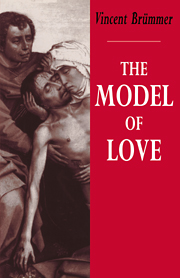Summary
INTRODUCTION: FEELINGS, ATTITUDES, AND RELATIONSHIPS
It is sometimes argued that, since love is an emotion or feeling or sentiment and therefore inexpressible, the question as to its nature cannot be answered. Feelings must be experienced in order to be understood, and such understanding cannot be communicated to those who do not have the experience. ‘Heightened discourse – poetry, music, fiction – may suggest what it is like, but suggestion is not expression, and ultimately love remains something each individual knows only within himself, if he knows it at all.’ This view fails to distinguish between ‘existential understanding’ and ‘theoretical understanding’. The former is the sort of understanding which we have of an experience if we know personally what it is like. It could be argued that this is only possible for those who have personally undergone the experience. ‘A person who has been tortured with electric shocks can be said to know what that experience is like. I have never undergone this experience, so my understanding of what it is like is not very good, though of course I can imagine.’ But my imagination does not enable me to have your experiences, and therefore cannot strictly speaking provide me with existential understanding of them. In this sense it could be said that feelings of love are incommunicable: you can experience only your own feelings of love and not those of other people.
- Type
- Chapter
- Information
- The Model of LoveA Study in Philosophical Theology, pp. 149 - 181Publisher: Cambridge University PressPrint publication year: 1993



